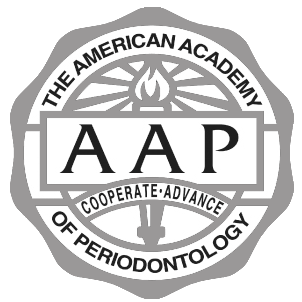 With so many options for replacing missing teeth, tooth replacement may be intimidating. However, not replacing a decayed or missing tooth may have negative effects on your overall dental health. A dentist may recommend tooth extraction and replacement for several reasons. Although these procedures might sound daunting, they will help maintain your dental health for years down the line.
With so many options for replacing missing teeth, tooth replacement may be intimidating. However, not replacing a decayed or missing tooth may have negative effects on your overall dental health. A dentist may recommend tooth extraction and replacement for several reasons. Although these procedures might sound daunting, they will help maintain your dental health for years down the line.
Why teeth may need to be extracted and replaced
There are several reasons why a tooth may need to be extracted and replaced. These reasons include tooth decay, gum disease, and physical trauma. In the case of tooth decay, the build-up of plaque and bacteria weakens teeth. A decayed tooth is more prone to breaking and infection, resulting in intense pain and risk of gum disease. To prevent these complications, a dentist may recommend removing and replacing a decayed tooth.
Gum disease is also caused by plaque build-up. This plaque leads to swollen gums and loose teeth. If the connection between the tooth and gum becomes too weak, your dentist may suggest tooth replacement in order to protect the surrounding teeth from further decay.
Teeth may also need to be replaced due to physical injuries, such as after a car crash or an unlucky fall. If an accident damages a tooth beyond repair, your dentist may recommend extraction to prevent further infection and injury.
Complications of missing teeth
Other than altering your smile, a missing tooth can also have a negative impact on the rest of your dental health. These negative effects include a greater risk of infection, misalignment of surrounding teeth, and jawbone deterioration. Therefore, after tooth loss or extraction, it is important to review your options for replacing missing teeth.
If a tooth is not replaced, bacteria and food particulates may enter the empty socket. Depending on the location of the missing tooth, these sockets may be more difficult to clean, leading to an increased risk of gum infection. A missing tooth also exposes the surrounding teeth to bacteria, leading to an increased risk of tooth decay.
Because teeth are constantly in contact with the teeth beside them, they exert pressure on these teeth. This pressure keeps your teeth correctly aligned in your mouth. If this pressure is removed due to a missing tooth, the surrounding teeth may become misaligned. If teeth drift enough, they may become uncomfortably packed together, which also makes them more difficult to clean and leads to further tooth decay.
Finally, not replacing a missing tooth may lead to jawbone deterioration. The jawbone and gums are used to hold teeth in place. Without the presence of teeth, the body will eventually reabsorb parts of the jawbone that no longer hold teeth in place. Loss in jawbone density will cause the chin to collapse, affecting cosmetic appearance.
Because of these complications, it is important to talk to a dentist about your
options for replacing missing teeth.
Related Posts
If you are missing several teeth or all of your upper or lower teeth or even all the teeth in your mouth, you may be wondering, “What are my options for replacing missing teeth?” Full or partial dentures may be a good option for you. In this article, we’ll discuss what makes a good candidate…
Missing teeth can result from many different things; regardless of how you lost your teeth, there are options for replacing missing teeth. There may be a stigma around dental care breaking the bank, but these options all have their pros and cons, which you should take into consideration.One option many consider is doing nothing. While…
Dental implants are a newer option for replacing missing teeth. They involve a titanium screw inserted into the jawbone, and then months later, once the jawbone has healed and the screw is fused into the bone, a crown is attached to the screw.It can be expensive to get dental implants, but since they offer full…






